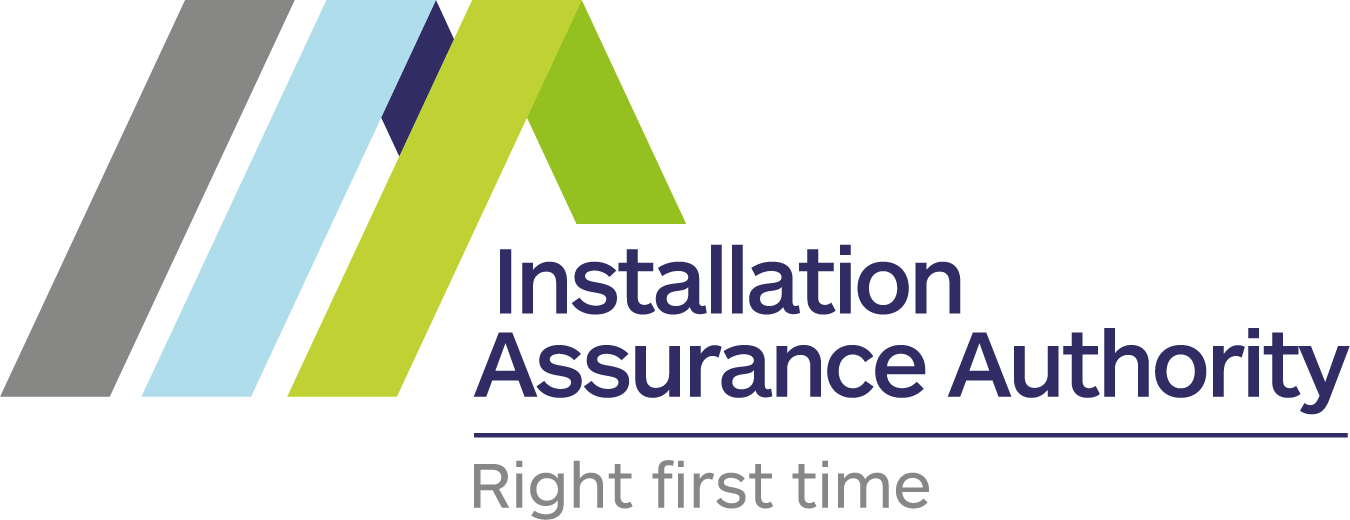Across the UK, householders are struggling with high energy bills, especially those on lower incomes with less disposable income available to cover energy costs.
According to the National Energy Action (NEA), a fuel poverty charity, they estimate that the number of UK households in fuel poverty, as of 1st January 2025, is 6.1 million.
Retrofitting homes to improve energy efficiency and change the way we heat our homes has never been so important.
The Benefits to making energy efficiency home improvements
Householders can save money on their energy bills by installing energy efficiency measures, such as insulation, renewable technologies and low-carbon heating, to reduce energy use and energy bills.
The benefits of installing energy-saving measures include:
- Reduced energy bills
- Health benefits which are vital for physical and mental wellbeing
- Helps to reduce carbon footprint – helping the environment
- Increases the comfort in the home
- Increased the energy efficiency rating of their property.
 An Energy Performance Certificate (EPC) measures the energy efficiency of a property on a scale of A to G. An EPC is a report that assesses the energy efficiency of a property, provides a rating based on how energy efficient it currently is, and offers recommendations on how to improve the EPC rating.
An Energy Performance Certificate (EPC) measures the energy efficiency of a property on a scale of A to G. An EPC is a report that assesses the energy efficiency of a property, provides a rating based on how energy efficient it currently is, and offers recommendations on how to improve the EPC rating.It is valid for 10 years, and if your home already has an EPC, it will be logged on the Government EPC register.
Insulating your home
According to the Energy Saving Trust, around one-third of heat loss from most homes is through the walls and a quarter of heat is lost through the roof in an uninsulated home. Insulating your home will keep you warm and cosy in winter as well as dramatically reduce your energy bills.
This could include installing loft insulation and if you live in a house that was built after the 1930’s, having cavity wall insulation installed.
External wall insulation or internal wall insulation will benefit older properties, where there is no cavity.
Look at low-carbon alternatives to heating your home
To help reduce carbon emissions which are impacting climate change, looking at greener ways to heat our homes is important.
The UK Government wants us to be less reliant on gas supplies, and the rising wholesale costs associated with it, by exchanging fossil fuel boilers for low-carbon alternatives, such as air source heat pumps.
Generate your own electricity
 You can make savings on your energy bills by generating your own electricity with solar panels.
You can make savings on your energy bills by generating your own electricity with solar panels.The Energy Saving Trust (EST) has a fantastic free tool that provides estimates for fuel bill savings, as well as financial payments, you may receive by installing a solar PV system.
Visit the Energy Saving Trust Solar Energy Calculator.
Choose an IAA registered energy efficiency installer
The Installation Assurance Authority (The IAA), is the technical authority and industry body that provides a quality assurance framework under a single compliance platform for those operating in both retrofit and new build sectors, delivering insulation, heating and renewable measures, across residential and commercial building spaces.
By providing a rigorous compliance and auditing programme for our members, we ensure that best practice is followed, and the correct measures are adhered to with every install.
Our members also provide a guarantee with all installs, which householders should ask for from any installer, to ensure if any issues arise, homeowners are protected.
By working with an IAA registered installer member to upgrade the energy efficiency of your home, you have the assurance that they are using the right materials, right methods, and right guarantees to complete work to a high standard, as it subject to a level of rigor and surveillance.
Find a list of IAA registered installers here.
